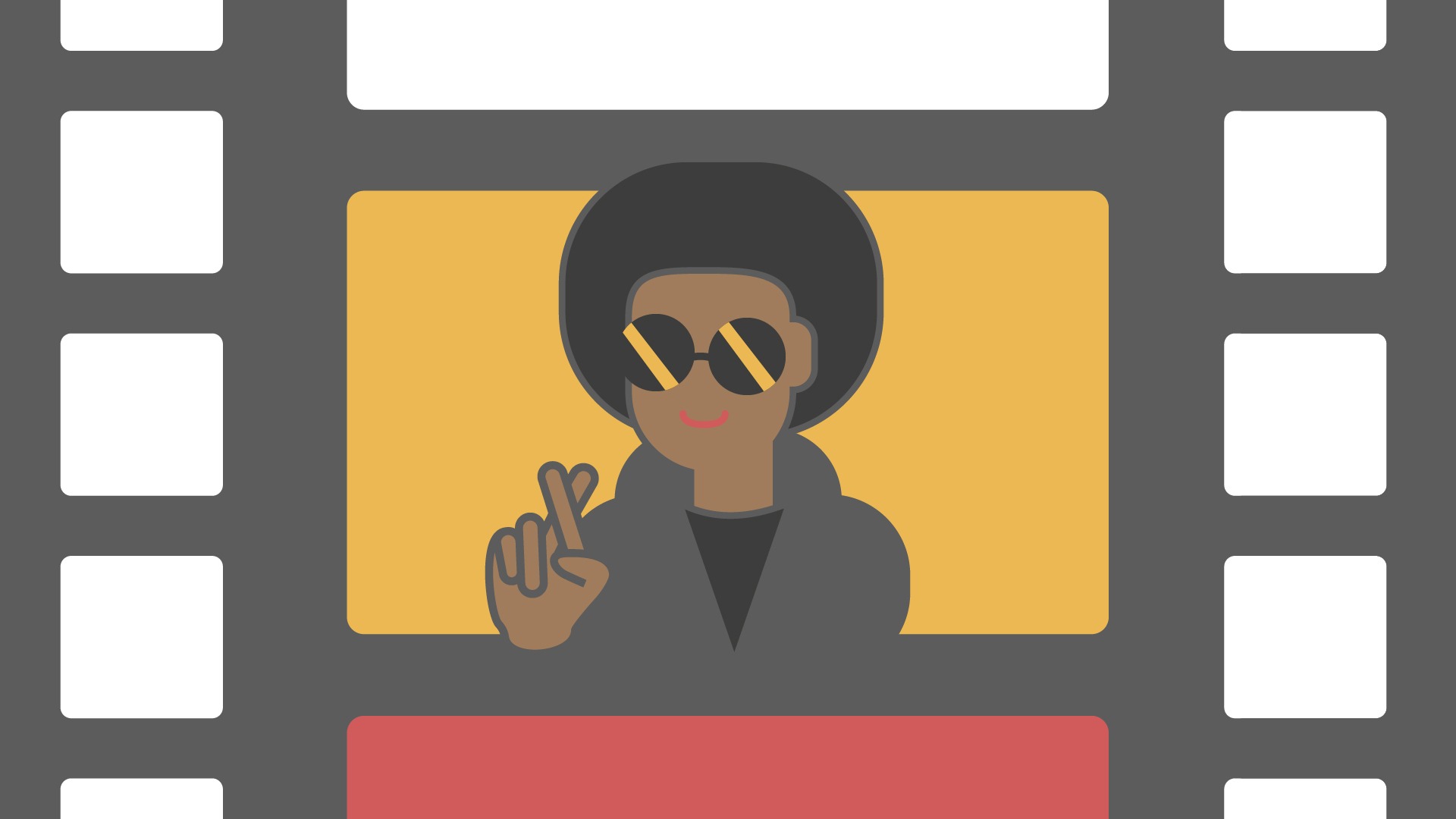What are some of the most common myths about deafness that d/Deaf people encounter on a daily basis? Today, we reveal another deaf myth and introduce four d/Deaf actors who prove that deafness does not stand in the way of a successful acting career.
Myth 3: Deaf people can’t enjoy movies
Deaf people can watch movies, just like they can become successful actors.
There is absolutely no reason why d/Deaf people should not enjoy going to the cinema or watching TV like their hearing peers. While the silent era of film was accessible to d/Deaf and hearing audiences alike, once sound became an integral part of the global film industry, equal access for d/Deaf audiences was sidelined. Fortunately, in the digital age, new technologies allow cinemas and TV organizations to provide subtitled/captioned screenings so that d/Deaf audiences can enjoy the cinema once more. There is also an increasing number of storylines featuring d/Deaf characters. And although the attention received from the mainstream press is somehow limited, there are many d/Deaf actors on screen today who have gained respect and awards for their powerful performances.

Accomplished actors who debunk this myth
Marlee Matlin (born in 1965) – an American actress, author, and deaf activist. Marlee was 18 months old when she became permanently deaf due to a sudden illness. She discovered acting through a program at the local community center that brought deaf and hearing children together. She landed her first leading role as Dorothy in a production of The Wizard of Oz with a children’s theater company in Chicago. She continued to pursue her acting into adulthood while earning a college degree in law enforcement. She worked in the Chicago theater scene for several years before getting her big break as the lead in a theatrical production of Children of a Lesser God. When the play was adapted for the big screen, Matlin received a chance to reprise her stage role. Her exceptional work on the film led her to win the Academy Award and the Golden Globe Award for Best Actress, remarkable accomplishments for a 21-year-old actress. Marlee shared her incredible life story in a moving memoir, I’ll Scream Later.
Emmanuelle Laborit (born in 1971) – a French actress who won the prestigious Molière Award for Best Newcomer Actress for her performance in the theatrical version of the film Children of a Lesser God. Taking advantage of her renown, in 1995 she published The Cry of the Gull, in which, through her own biography, she introduces the reader to the difficulties that d/Deaf people encounter within the society. Being deaf since birth has never deterred her. Talented and determined, she has built her stage and screen career around her incredible communication skills.
Lauren Ridloff (born in 1978) – an American actress best known for her role as Connie on the TV series The Walking Dead. Lauren was born deaf to hearing parents. She began exploring the arts, starting with ceramics and becoming involved with drama at the Model Secondary School for the Deaf in Washington, DC. In a school production of The Wiz, she played Dorothy. Her breakthrough role was her lead performance in the Broadway play Children of a Lesser God, for which she was nominated several awards, including a Tony Award for Best Actress in a Play. She was subsequently cast in The Walking Dead for its ninth season. She will play a deaf superhero in the Marvel Cinematic Universe superhero film Eternals, scheduled to be released in November 2021.
Russell Harvard (born in 1981) – an American actor who made his feature debut alongside Daniel Day-Lewis in the critically-acclaimed film, There Will Be Blood. Russell comes from a third-generation deaf family. Both of his parents and his paternal grandmother are d/Deaf. Russell identifies himself as Deaf and considers American Sign Language to be his first language. In his many notable performances, he won the Theatre World Award for Outstanding Debut Performance for his performance as Billy in Tribes by Nina Raine.
Previous article:
Deaf myths debunked: Part II
Next article:
Name sign
Follow our #DidYouKnowThat campaign to raise your Deaf awareness.

